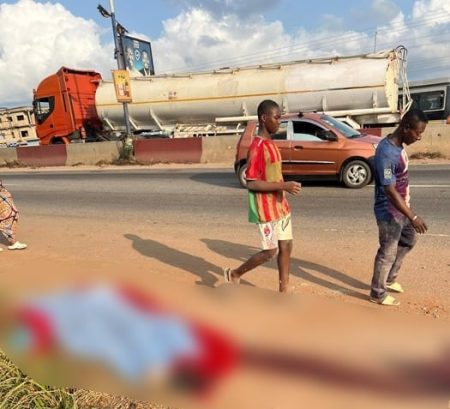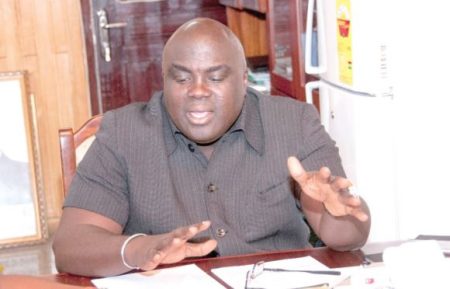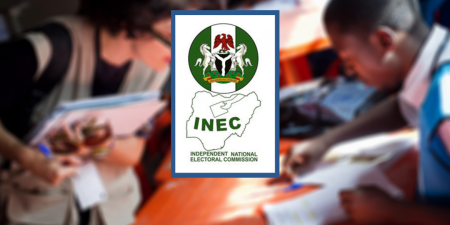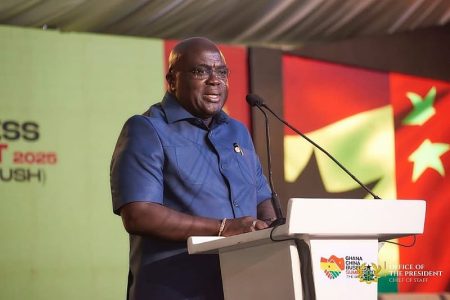The tranquility of over 1,000 communities nestled along the Ibadan Circular Road corridor in Oyo State, Nigeria, has been shattered by the state government’s proposal to significantly expand the road’s construction zone. The planned extension of the road’s pillars from the initially demarcated 150 meters to a staggering 500 meters has ignited fervent opposition from residents, who fear the devastating social and economic consequences of such a drastic expansion. This burgeoning controversy pits the government’s infrastructural ambitions against the residents’ fundamental right to shelter and livelihood, setting the stage for a complex and potentially protracted conflict.
The affected communities, spanning across six local government areas – Oluyole, Egbeda, Ona-Ara, Lagelu, Akinyele, and Ido – have mobilized in a unified display of resistance. Public protests, petitions, and impassioned pleas to Governor Seyi Makinde have become the hallmarks of their campaign to halt the proposed expansion. Residents argue that the initial 150-meter demarcation has already caused significant displacement and hardship, leaving many in a state of emotional distress and financial precarity. They contend that a further expansion would exacerbate these challenges, rendering thousands homeless and decimating local economies.
The residents’ anxieties are deeply rooted in the tangible losses they have already witnessed. Stories abound of families uprooted from their ancestral lands, businesses forced to shutter, and the pervasive sense of uncertainty that has gripped the affected communities. The emotional toll of potential displacement is palpable, with reports of stress-related illnesses and even fatalities among landlords and landladies who face the prospect of losing their properties. The residents vehemently maintain that they are not encroaching on government land, having legally acquired their properties through years of hard work and sacrifice. Their plea to Governor Makinde is simple: protect their homes, livelihoods, and the very fabric of their communities.
The Ibadan Circular Road project, conceived during the administration of former Governor Rashidi Ladoja (2003-2007), has a long and convoluted history. Stalled under his successor, the late Adebayo Alao-Akala, construction finally commenced during the tenure of the late Governor Abiola Ajimobi (2011-2019). While acknowledging the importance of infrastructural development, the residents insist that the project should proceed within the originally agreed-upon boundaries. They argue that the proposed expansion represents a gross violation of their rights and a betrayal of the government’s responsibility to protect its citizens.
The residents’ protest underscores a fundamental tension between development and displacement, a recurring theme in urban planning and infrastructure projects worldwide. While governments often prioritize large-scale infrastructure initiatives as drivers of economic growth and progress, such projects can have profound and often detrimental impacts on local communities. The Ibadan Circular Road project exemplifies this dilemma, highlighting the need for a more nuanced and participatory approach to development that balances the benefits of infrastructure with the rights and needs of those who stand to be most affected.
The future of the Ibadan Circular Road project remains uncertain. The residents’ unwavering opposition has forced the government to acknowledge their concerns, but whether this will translate into a reconsideration of the proposed expansion remains to be seen. The ongoing dialogue between the affected communities and the state government represents a crucial test of the government’s commitment to inclusive development and its willingness to prioritize the well-being of its citizens. The outcome of this conflict will have far-reaching implications, not only for the residents of the Ibadan Circular Road corridor but also for the broader debate on the balance between development and displacement in Nigeria and beyond. The residents’ fight is not just about preserving their homes and livelihoods; it is a fight for recognition, for their voices to be heard in the decisions that shape their future.














